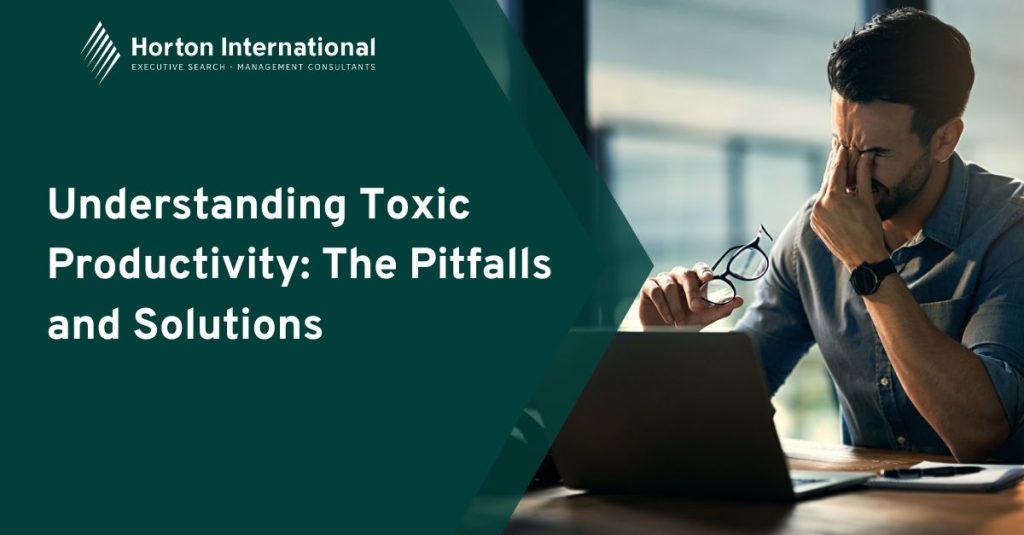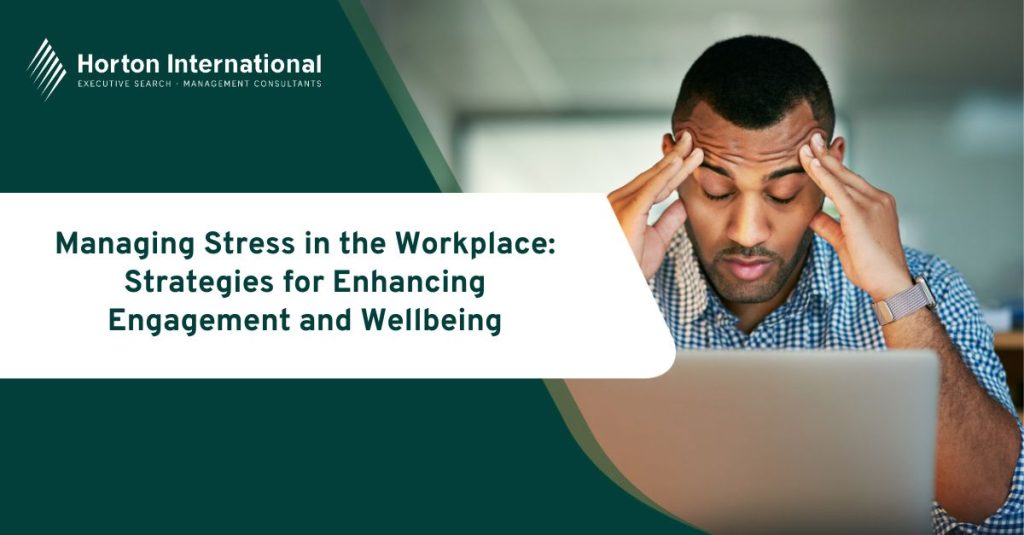Meet Quiet Quitting’s Total Opposite: The FatFIRE Movement
It’s no secret that the FIRE movement, which stands for Financially Independent Retire Early, is growing rapidly. FIRE is a series of lifestyle movements with slightly different aims and rules, but FATFire specifically refers to the practice of creating a big nest egg in order to retire early and enjoy life.
So, what is FATFire, and how does it impact organisations?
What is FatFIRE?
FATFire is a lifestyle that encourages people to save money and invest it in a portfolio of stocks and bonds as part of a pathway to saving enough money to retire. You could argue that FatFIRE is the opposite of quiet quitting, although FATFire followers are often focused on their own financial gain while doing the minimum at their normal job.
The FatFIRE movement pushes people to work as hard as possible to save enough money to retire early. The lifestyle encourages people to grow their investments over time so they can live on passive income sources and savings when they quit work, with the goal being to retire as young as possible.
The acronym “FatFIRE” stands for Financial Independence, Retire Early, with” FAT” referring to how large your savings should be to be able to live comfortably without a job.
To accomplish this goal, FatFIREs pursue multiple investments in an attempt to generate passive income streams, including traditional shares as well as cryptocurrencies like Bitcoin. Unlike many people who are afraid of risk and likely don’t invest at all because of it, FatFIREs believe in taking chances with their money if it means getting closer to financial freedom sooner.
How does FatFIRE affect businesses?
While the FatFIRE movement is the journey for personal financial freedom, it undoubtedly has an impact on organisations too:
Increased worker deficit
As more people quit their jobs, there will be a gap in people who can fill those roles. This means that organisations will have a significant task ahead in acquiring new employees and training them on how to do their job well.
Concerns over employee wellbeing
With employees committed to working hard in a short space of time in order to save money quickly, they may find high levels of stress and burnout symptoms which can affect the whole organisation.
Employees quitting their jobs (and not just because they’re retiring)
With money being a huge focus of the FatFIRE movement, many organisations are noticing employees are job-hopping in order to find the highest salaries available. To attract talented workers, competitive salaries are essential, but there also needs to be a great focus on how to retain staff too.
FatFIRE vs quiet quitting
The FatFIRE Movement is the exact opposite of quiet quitting. Whereas quiet quitting is about putting no effort in at work and only working to pay the bills, FatFIRE is all about hard work and earning as much money as you can so that you can quit your job and retire early.
Quiet quitters tend to take the backseat at work. They may want to stop working altogether because it’s too stressful for them and feel like other things can fulfil their need for a purpose outside of their careers, such as volunteering or practising hobbies.
The FatFIRE movement is much more focused than the quiet quitting movement. It’s not about not working or purposeful careers anymore; it’s about earning as much money as possible while still working so that they can retire early or not have to worry about having enough money in their retirement accounts when they stop working.
However, there are some similarities between fatFIRE and quiet quitting: both require mental focus, both can come about as a result of burnout. Both can have a negative effect on their own productivity and that of their employer’s organisation
But where quiet quitting focuses on earning while doing the minimum at work, FATfiring focuses instead on maximising income as much as possible so that those earnings can be invested elsewhere instead of being spent right away.
FATfire followers could actually have a positive impact on the business in the short term because they’re working hard in an attempt to advance their careers and improve their income.
Should businesses care about the fatFIRE movement?
For employers, it’s vital to consider the ways in which the FatFIRE movement may benefit or hinder the business. In the short term, employees are working harder than ever in order to reach their goal of financial independence and early retirement, which means they may be more productive than before.
On the other hand, if an employee is just there for the monthly wage and is focused on their own investments, then they may be less productive at work because their attention is elsewhere or they simply don’t see the value of working for a business that they feel doesn’t care about them.
What HR professionals say about FatFIRE
It’s easy to get wrapped up in being concerned about a new movement which could affect the company’s bottom line. However, HR professionals have mixed opinions on what FATFire really means for businesses.
In an interview with Protocol magazine, Traci Chernoff, director of employee engagement at Legion, said “Hating one’s job likely isn’t a sustainable long-term path to financial freedom. While someone might find their paycheck rewarding enough to put up with a job they hate, the reality is that they likely won’t be producing great results.”
Other HR professionals had a different take on the new movement: “An employee focused on making the most money in the shortest period of time is actually something that could work well for both parties“, Cara Brennan Allamano, chief people officer at Lattice, told Protocol.
There’s no doubt that the FatFIRE movement has gained a lot of traction in the last year, but currently, it’s unclear what effect it could have on businesses. For some people, the FATfire trend will fizzle out, or they’ll see an opportunity to progress within the company and take it.
Others will find themselves burnt out from trying to reach unattainable goals and may fall back to quiet quitting. For employers, the challenge is finding a way to motivate and engage with all employees, even if their goals may not align with your ideal company ethos.







